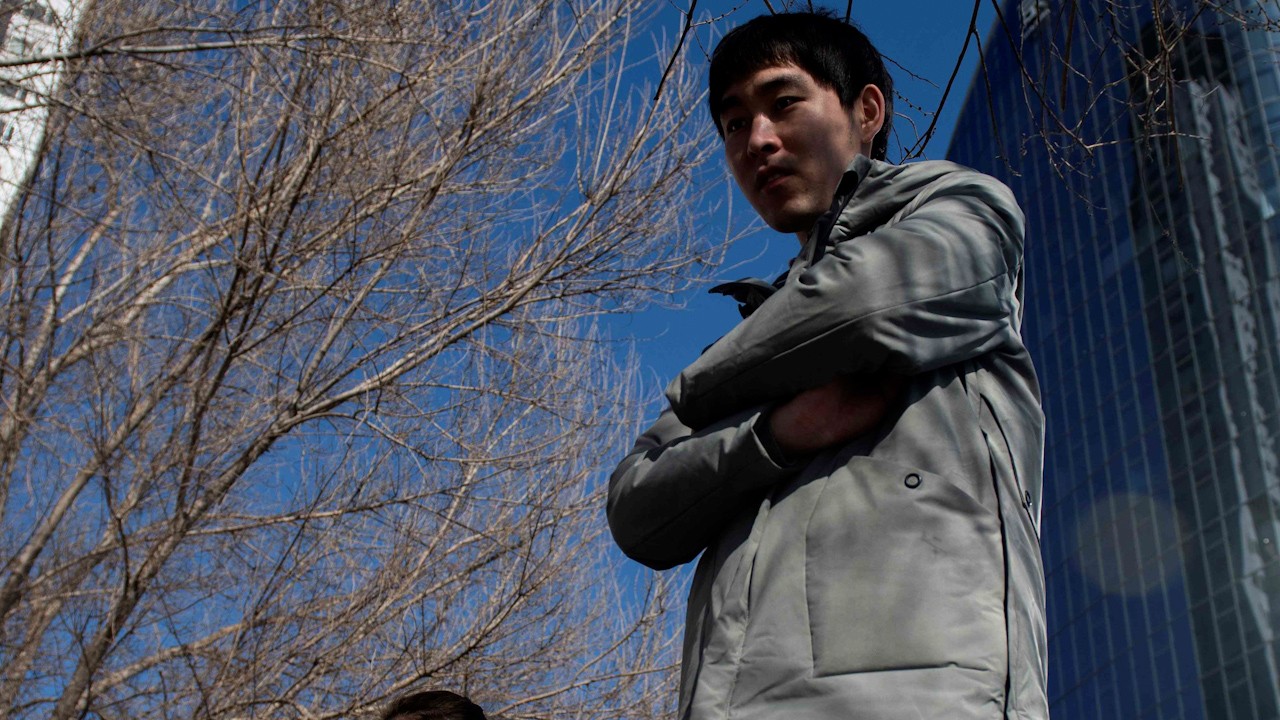
China’s free-trade zones still tasked with ‘leading goose’ role to drive economic development, boost foreign investor ties
- Premier Li Qiang concluded a two-day inspection of Shanghai’s free-trade zone on Thursday, saying the markets are ‘still tasked with important missions’
- Li said that foreign firms had ‘progressed themselves while contributing to China’s development’ during his first trip since being named premier in March
Premier Li Qiang has called on free-trade pilot zones to be the “leading goose” in driving China’s economic development and cementing relations with foreign investors and international markets at a time of increasing economic rivalry with the United States.
Li concluded a two-day inspection of Shanghai’s free-trade zone on Thursday, which was his first trip since being named premier in March.
It came as China’s slowing post-Covid recovery has fuelled market calls for immediate policy solutions, while in the US, economic growth beat expectations in the second quarter.
They are now still tasked with important missions
“The pilot free-trade zones have played a leading goose role in the past 10 years,” Li said during a symposium with leaders of eight provinces and the Ministry of Commerce in Shanghai on Thursday.
“They are now still tasked with important missions.”
Li spent around five years in Shanghai as the city’s Communist Party boss before being elevated to be the country’s second-highest position in charge of reviving China’s ailing economy.
He was widely viewed as being pro-business, with an emphasis on fostering a better environment to allure increased foreign investment and encourage the development and innovation of private entrepreneurs.
Beijing is accelerating its pace of policies to support economic growth amid escalating sanctions from Washington and turbulent geopolitics, as well as declining overseas orders.
China’s youth unemployment also rose to a record high of 21.8 per cent in June, while private sector investment fell by 0.2 per cent in the first half of the year from a year earlier.
The Politburo listed key tasks for the second half of the year as expanding domestic demand, improving confidence and preventing risks.
The US, though, reported on Thursday its economy grew 2.4 per cent on an annualised basis between April and June due to strong consumption and private investment, in stark contrast to China, which is at risk of deflation.
During Li’s visit to Shanghai this week, the premier visited German smart manufacturer Lenze Drive Systems (Shanghai) and Swedish multinational Volvo Construction Equipment, according to the official Xinhua News Agency.
Foreign companies have progressed themselves while contributing to China’s development
“Foreign companies have progressed themselves while contributing to China’s development,” the premier said.
When visiting a cross-border data management company, Li expressed his hope for companies to provide China the experience needed to improve its systems through exploration, Xinhua reported.
The premier also asked a supply chain company to collaborate with the government to ensure stability and the growth of interrelated industrial clusters.
“[We will] align with international economic and trade rules and push forward the opening up of the system … to achieve freer and more convenient goods trading,” Li added.
During his tenure in Shanghai, Li pushed for the integrated development of the Yangtze River Delta and to elevate the level of the city’s governance, while also introducing signature foreign investment projects, including Tesla’s Gigafactory.


